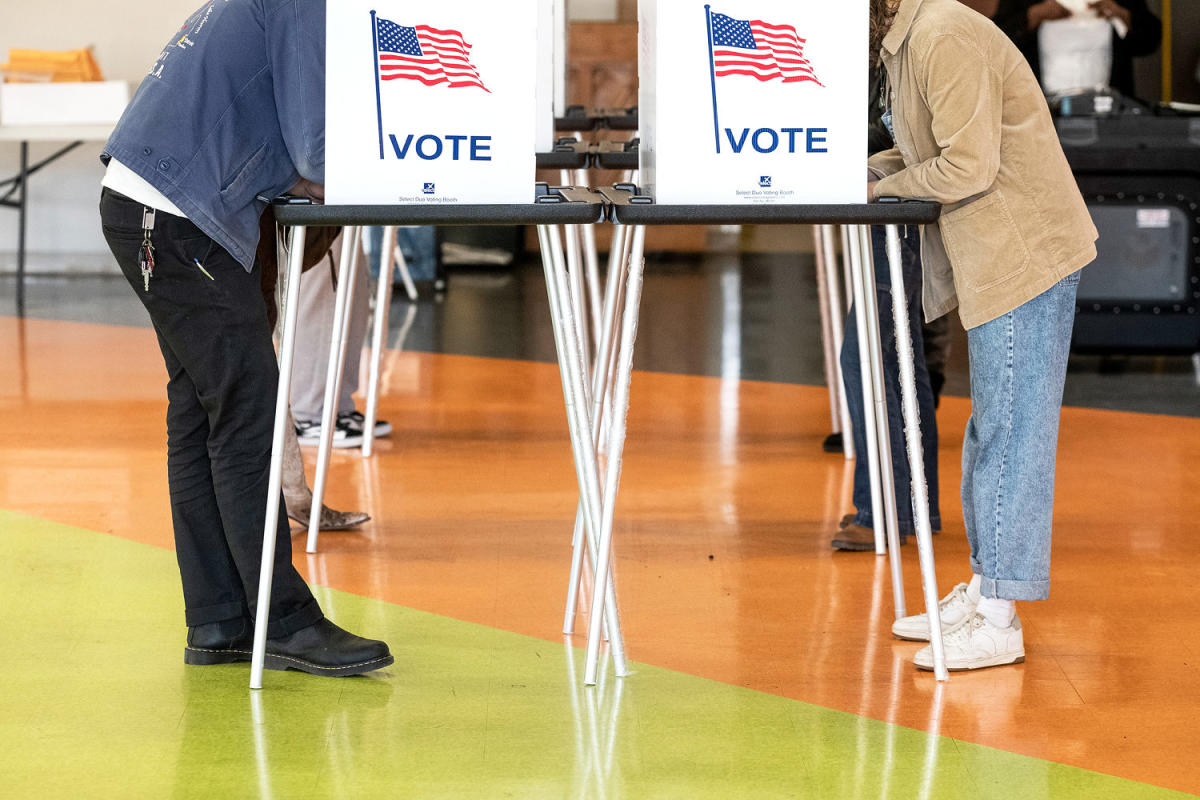We arrived at the Ghana Institute of Management and Public Administration (GIMPA) an hour later than we had planned. But that was not at all a problem because our host was also running an hour behind. That is what is known as “Ghana time.” It is usually about an hour or two later than the appointed time.
Our host, Samuel Adams, Ph.D., is the former chancellor/rector and dean of the School of Public Administration and the School of Business at GIMPA. Yes, Samuel Adams is his real name.
Many Ghanaians have English names because Ghana was colonized by the British. There are many with last names such as Williams, Mills, Lindsey, Thomas, and the list goes on and on. The first names also tend to be of English extraction because most Ghanaians are Christian. So, there are names such as Samuel, Peter, Paul, Mary, etc. These names are known as “Christian names” and are bestowed on individuals at baptism.
Now back to GIMPA and Dr. Adams.
GIMPA is a government graduate education-focused institution. They offer only graduate degrees such as master’s and doctorates and professional certificates and are research-intensive. According to their website, “GIMPA’s mission is to maintain a Centre of Excellence for training in public and business administration, by continuously enhancing the capability of middle and top-level executives in public and private sectors as well as non-governmental organizations both in Ghana and internationally, to manage their institutions and enterprises efficiently and effectively.“
Adams retired from his deanships and rectorship and now serves as the senior researcher for the Centre of Excellence in Public Utility Regulation (CEPUR) at GIMPA. They provide professional certifications, consultancy and research. The week we visited, they had an ongoing major utility seminar on sustainability.
I have known Adams for over 60 years, and we partially grew up together. I count him as one of my most significant success stories. He earned his bachelor’s degree in Ghana, and then I recruited him to come to Lincoln University in Missouri, where I was the dean of the Business School, to earn his MBA. He was absolutely my best student. From Lincoln, he went on to Old Dominion University to earn his Ph.D. in public administration and public policy. He returned to Ghana to work at GIMPA, and quickly rose through the ranks. He has numerous scholarly publications and books, and is a highly sought-after researcher and consultant making a contribution to his country.
By the way, as a dean at GIMPA, he was provided with a vehicle and a driver. He has definitely done well for himself and family, and I am happy to have been a part of his success.
The Ghanaian educational system is tough. There are thousands of primary schools. The medium of instruction is English, so every child speaks English. The purpose of these schools is to ensure literacy of the masses. Children have to pass numerous exams at various levels, then a major examination at the 12th-grade level. Only those with the highest scores are admitted to the public universities.
Up until sometime in the 1980s, there were only three universities in the entire country, and they were all public. As a result, only the best students could attain higher education. The brightest were assigned to a science curriculum, the next tier were assigned to law and perhaps business, and the third tier were assigned to the humanities and arts.
Those who were vocationally or technically inclined had to settle for a polytechnic education, where they earned a two- or three-year diploma, considered inferior to a degree. Imposed majors are still the case at the three public universities, Now, there are religious, private and many other universities and colleges all over the country, so students now have choices. Cost is a different issue all together. There are also numerous specialized institutions for computer education, and the like.
What is unfortunate is that many graduate from these tertiary institutions with credentials of economic value and are unable to find gainful employment. What is the value of a credential without a job? Not much in Ghana, the U.S. or anywhere else.
Kojo Quartey, Ph.D., is president of Monroe County Community College and an economist. He can be reached at kquartey@monroeccc.edu.
This article originally appeared on The Monroe News: Kojo Quartey: Challenge of education in Ghana
Signup bonus from




